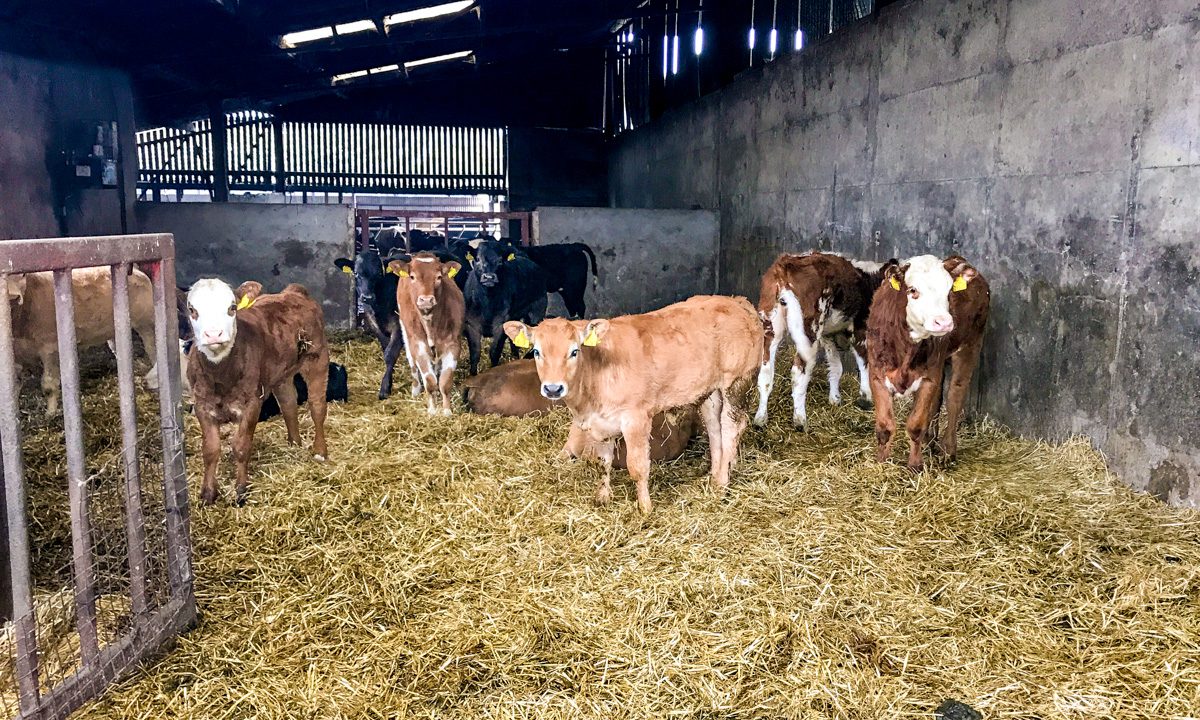Beef Plan Movement (BPM) is calling for more information to be made available on dropped calves at time of sale in the marts.
Members of the organisation are concerned that many calves born to very extreme dairy dams look well in the ring but will fail to meet their expected growth and shape targets thereafter.
BPM dairy beef sub-committee secretary Brian Byrne also points to the growing use of Aberdeen-Angus cross bred bulls on dairy farms.
“Ireland has one of the most robust cattle traceability systems in the world,” he said.
“It should be feasible for the marts to provide information on the dam and the sire of a dropped calf as it enters the sale ring. If this was provided, buyers would be able to make more effective purchasing decisions.”
According to Byrne, the only available information to buyers in the marts relates to the calf’s sire breed.
“This does not say specifically if the sire is pedigree or a cross bred animal,” he stated.
“For example, a farmer could by an Aberdeen-Angus cross calve calf and the said animal could be sired by a cross bred Angus bull. But under the current system buyers have no way of knowing the breeding of the said animal’s dam.
“This is a big issue for people buying calves.
“At a time when farm inputs are at an all-time high, BPM feels it is unfair to continue to expect farmers to buy cattle without being given all the necessary information as to the animals’ genetic make-up.”
Published information on dropped calves
BPM said that a small section printed on the calf’s Blue Card, stating the percentage of each breed present in the animals genetic make-up would be of great benefit to both buyers and sellers.
“Breeders who are going to great effort and expense to produce animals of a high genetic merit would have their efforts recognised,” Byrne continued.
“Meanwhile, the buyer would have more information available to make a more informative decision when purchasing stock.
BPM hopes that marts would also come on board and have the same information visible on their mart boards.
“We are calling on the Department of Agriculture, the ICBF [Irish Cattle Breeding Federation] and the livestock marts of Ireland to come together and make this happen,” said Byrne.
“Farmers’ margins are far too tight to be buying cattle blind of all the relevant information which is available through ICBF.
“But, unfortunately this information can only be seen days after the purchase has been made,” he concluded.
